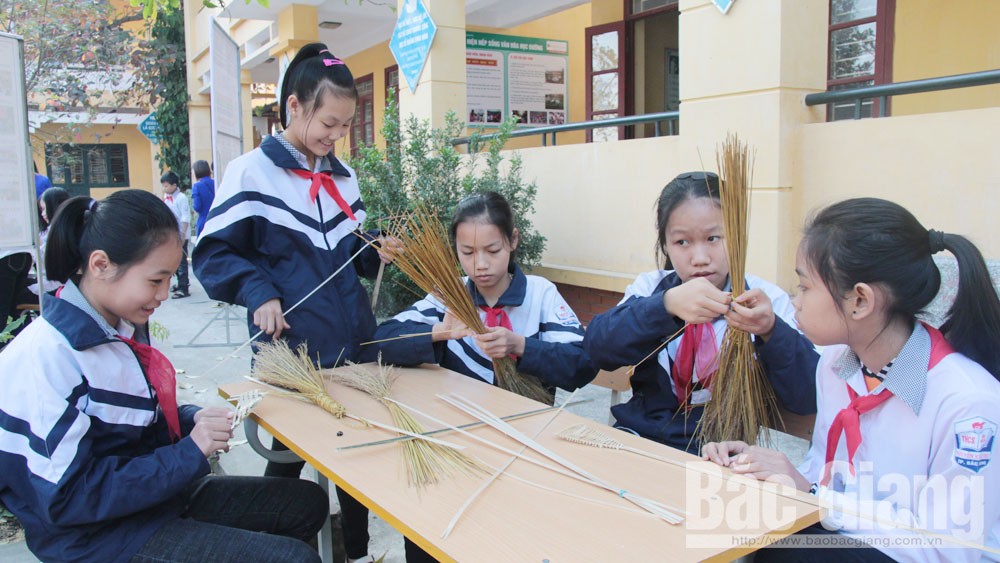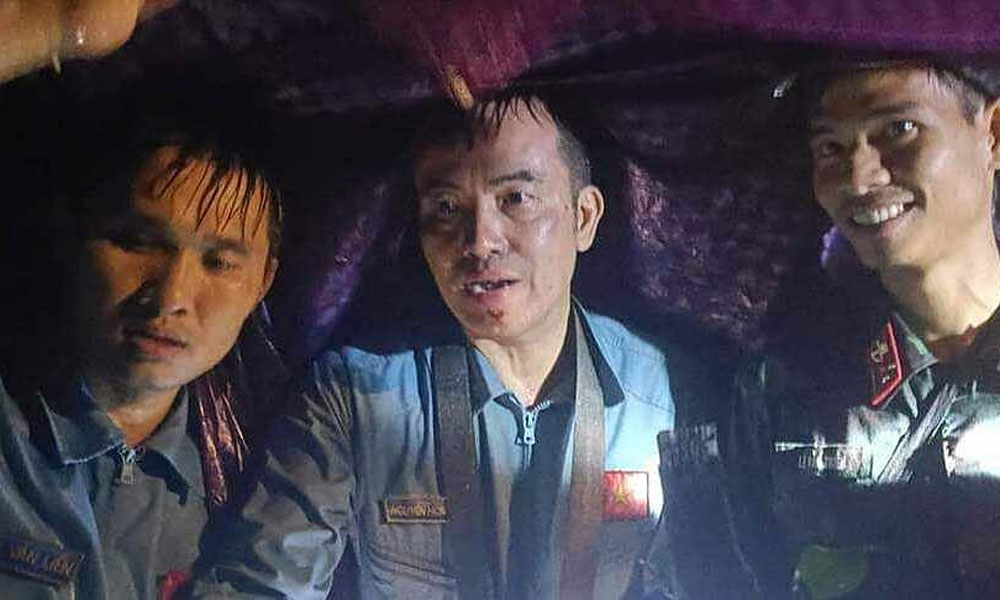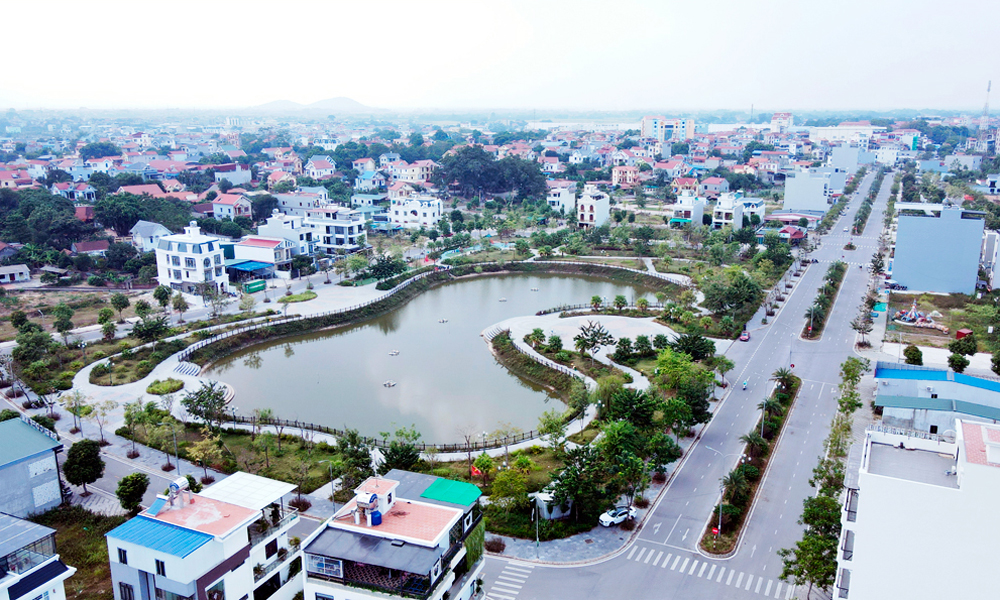Bac Giang to introduce local culture and history in educational materials
The educational contents consist of the topics in culture (traditional festivals, traditional arts and local customs and norms), history (great persons of culture, historical relics, museums and history of establishment and development of the province), geography (natural features, population, socio-economic conditions, tourism), economy (labour structure, jobs, traditional handicraft villages, key economic sectors).
 |
|
Students of Nguyen Khac Nhu junior high school in Bac Giang city learn about knitting and making brushes. |
For primary level, the lessons about local knowledge will be combined in out-door activities. For secondary and high schools, it must be ensured 35 lessons per one academic year for each class (01 lesson per week, 45 minutes for each).
Accordingly, the program- developing boards will revise the drafts then ask for opinions from the specialists, scientists and teachers who have been working in educational sector, representatives of related agencies, departments and locals to complete the materials.
After finishing the materials, the Department of Education and Training will send to the provincial People’s Committee to submit for approval of the Ministry of Education and Training. The compilation of the educational materials are scheduled until 2024.
Particularly, the Department of Education and Training strives to complete the local educational material for grade 1 by May 2020 and publish it in July 2020 as scheduled for the general education program from the academic year of 2020-2021.
Compiling local education materials is an important activity included in the implementation plan for the general education program in accordance with the Circular No 32 of the Department of Education and Training and Directive No 16 of the Prime Minister on accelerating renovation of educational programs and textbooks.
This is a compulsory educational content to equip students with the knowledge of their residence place, nurture the love for the homeland and the country while helping them to apply the knowledge in dealing with practical issues at the local.
Mai Toan
 Bắc giang
Bắc giang














Reader's comments (0)